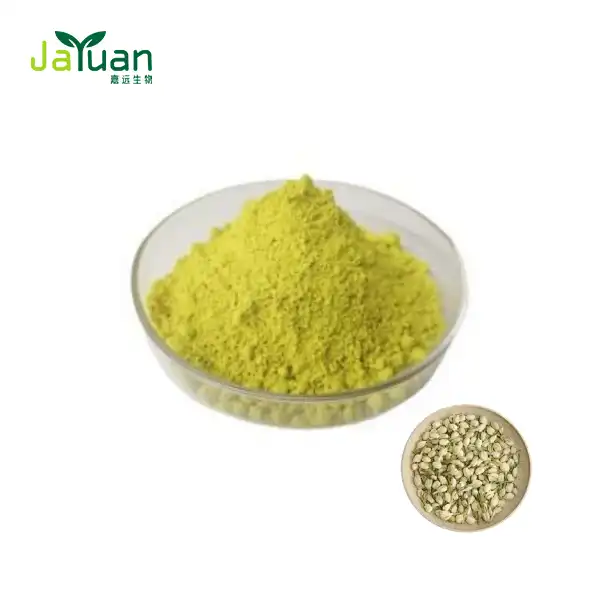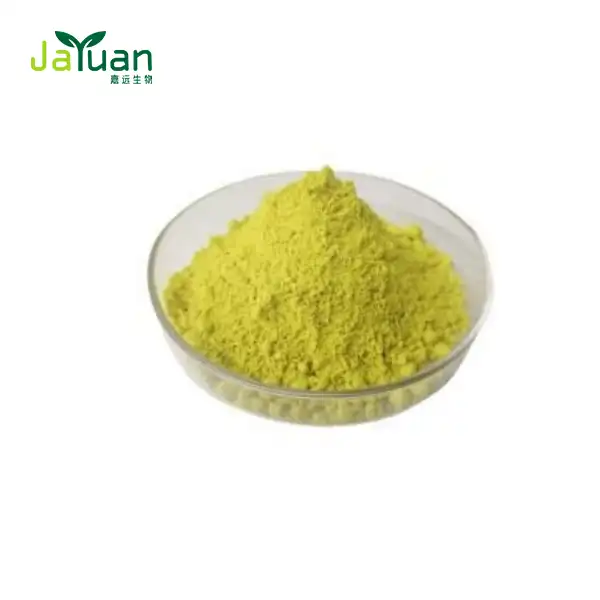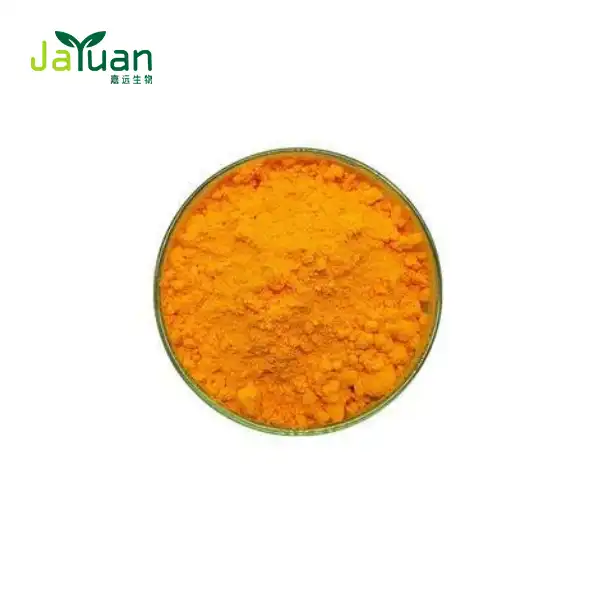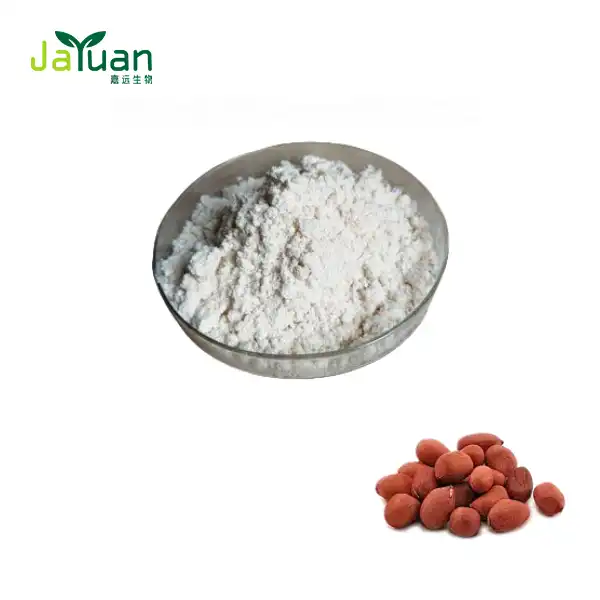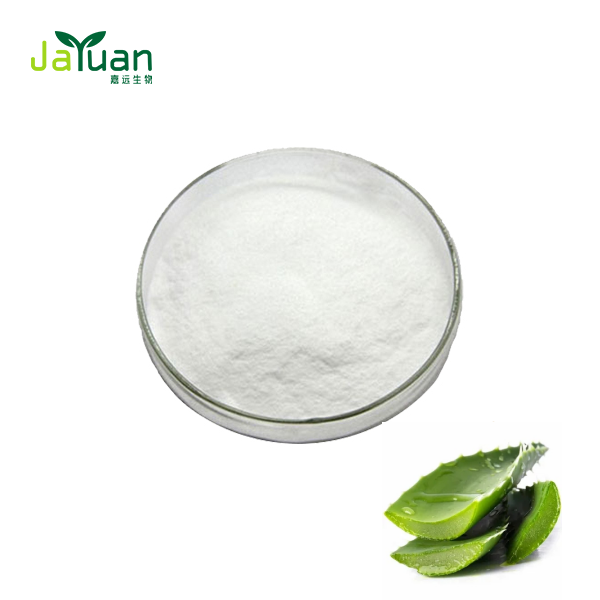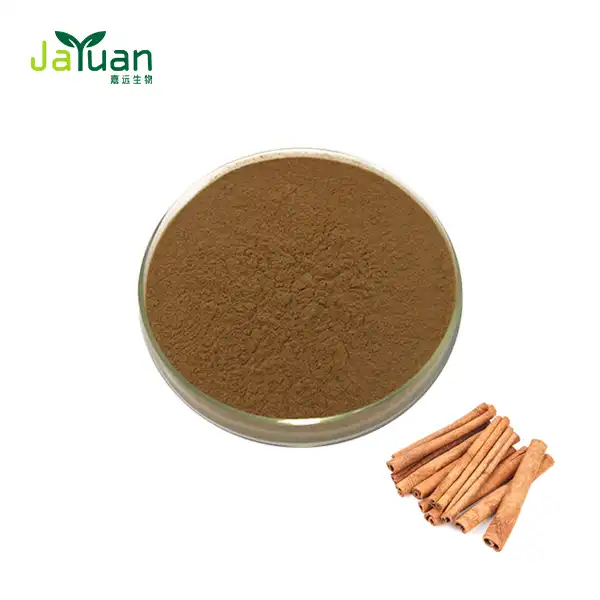Does Fructooligosaccharides Powder help improve blood lipids?
Fructooligosaccharides (FOS) powder has gained significant attention in recent years for its potential health benefits, including its possible effects on blood lipids. As a prebiotic fiber, FOS has shown promising results in various studies concerning cardiovascular health. In this article, we'll explore the relationship between fructooligosaccharides powder and blood lipid profiles, examining its potential to improve cholesterol levels and reduce triglycerides naturally.
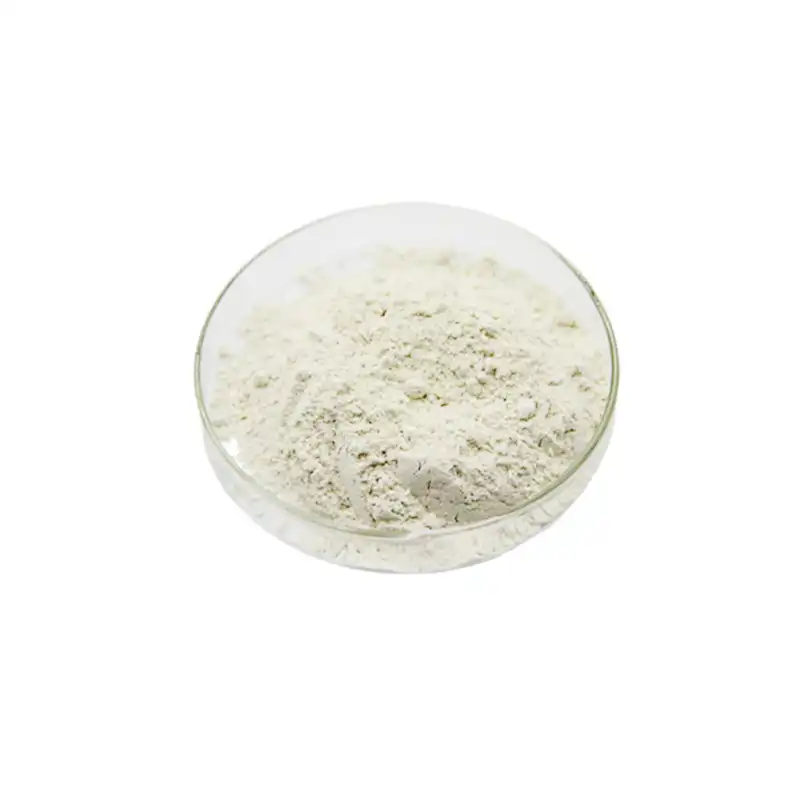
Can FOS powder lower LDL cholesterol naturally?
Low-density lipoprotein (LDL) cholesterol, often referred to as "bad" cholesterol, is a major risk factor for cardiovascular disease. Many individuals seek natural alternatives to manage their LDL levels, and FOS powder has emerged as a potential solution.
The mechanism behind FOS and cholesterol reduction
FOS powder works through several mechanisms to potentially lower LDL cholesterol:
- Bile acid excretion: FOS may increase the excretion of bile acids, which are made from cholesterol. This process can lead to a reduction in circulating cholesterol levels.
- Short-chain fatty acid production: When gut bacteria ferment FOS, they produce short-chain fatty acids. These compounds may inhibit cholesterol synthesis in the liver.
- Improved gut microbiome: FOS acts as a prebiotic, promoting the growth of beneficial bacteria in the gut. A healthy gut microbiome has been associated with better lipid profiles.
Research findings on FOS and LDL cholesterol
Several studies have investigated the effects of organic fructooligosaccharide powder on LDL cholesterol levels:
- A randomized controlled trial published in the British Journal of Nutrition found that participants who consumed FOS daily for 12 weeks experienced a significant reduction in LDL cholesterol compared to the placebo group.
- Another study in the Journal of Nutrition demonstrated that FOS supplementation led to a decrease in total and LDL cholesterol in individuals with mildly elevated cholesterol levels.
While these results are promising, it's important to note that individual responses may vary, and more research is needed to fully understand the long-term effects of FOS on LDL cholesterol.
Fructooligosaccharides and triglyceride reduction: Evidence
Triglycerides are another important component of blood lipids, and elevated levels are associated with an increased risk of heart disease. FOS powder has also shown potential in helping to reduce triglyceride levels.
How FOS influences triglyceride metabolism
The mechanisms by which FOS may help reduce triglycerides include:
- Improved insulin sensitivity: FOS has been shown to enhance insulin sensitivity, which can lead to better regulation of triglyceride metabolism.
- Reduced lipogenesis: Some studies suggest that FOS may decrease the activity of enzymes involved in triglyceride synthesis.
- Enhanced fat oxidation: FOS consumption may promote the breakdown of fatty acids, potentially leading to lower triglyceride levels.
Clinical studies on FOS and triglycerides
Research has provided evidence supporting the triglyceride-lowering effects of FOS:
- A meta-analysis published in the European Journal of Clinical Nutrition found that FOS supplementation was associated with a significant reduction in serum triglyceride levels.
- Another study in the Journal of Nutrition demonstrated that FOS intake led to decreased postprandial triglyceride levels, suggesting improved lipid metabolism.
These findings indicate that fructooligosaccharides powder may be a promising natural approach for managing triglyceride levels. However, as with LDL cholesterol, individual results may vary, and more research is needed to establish optimal dosages and long-term effects.

Dosage for cardiovascular benefits of FOS powder
Determining the right dosage of FOS powder for cardiovascular benefits is crucial for maximizing its potential effects on blood lipids while minimizing any potential side effects.
Recommended daily intake for lipid improvement
While there is no universally agreed-upon dosage for FOS powder, several studies have shown beneficial effects on blood lipids using the following ranges:
- 5-10 grams per day: Many studies have used this range and observed improvements in cholesterol and triglyceride levels.
- Up to 20 grams per day: Some research has explored higher doses, but it's important to note that higher amounts may increase the risk of gastrointestinal discomfort.
It's recommended to start with a lower dose and gradually increase it to assess individual tolerance. As always, consulting with a healthcare professional before starting any new supplement regimen is advisable.
Factors affecting optimal FOS dosage
Several factors can influence the optimal dosage of FOS powder for cardiovascular benefits:
- Individual health status: Those with pre-existing health conditions may require different dosages.
- Diet composition: The overall diet can affect how FOS is metabolized and its impact on blood lipids.
- Gut microbiome composition: The existing balance of gut bacteria can influence how effectively FOS is fermented and its subsequent effects.
- Age and gender: These factors may play a role in how the body responds to FOS supplementation.
Timing and method of consumption
To maximize the potential benefits of fructooligosaccharides powder for blood lipid improvement, consider the following tips:
- Spread the dosage throughout the day: This can help minimize potential gastrointestinal discomfort and maintain a steady supply of FOS for gut bacteria.
- Consume with food: Taking FOS with meals may help enhance its effects on lipid metabolism.
- Stay hydrated: Adequate water intake is important when consuming FOS to support digestive health.
Potential side effects and precautions
While FOS powder is generally considered safe for most people, some individuals may experience side effects, particularly when starting supplementation or consuming high doses:
- Bloating and gas: As gut bacteria ferment FOS, it can lead to increased gas production.
- Digestive discomfort: Some people may experience abdominal pain or diarrhea, especially at higher doses.
- Interactions with medications: FOS may interact with certain medications, so it's important to consult with a healthcare provider if you're taking any medications.
Individuals with certain health conditions, such as irritable bowel syndrome (IBS) or small intestinal bacterial overgrowth (SIBO), should exercise caution when using FOS powder and consult with a healthcare professional.
Long-term considerations for FOS supplementation
While short-term studies have shown promising results for FOS powder in improving blood lipids, long-term effects and safety need further investigation. Some points to consider for long-term use include:
- Periodic assessment: Regular monitoring of blood lipid levels can help track the effectiveness of FOS supplementation over time.
- Lifestyle factors: Combining FOS supplementation with a healthy diet and regular exercise may enhance its cardiovascular benefits.
- Gut health monitoring: Long-term use of FOS may alter gut microbiome composition, which could have both positive and negative effects on overall health.
Integrating FOS powder into a heart-healthy lifestyle
To maximize the potential cardiovascular benefits of organic fructooligosaccharide powder, consider incorporating it into a comprehensive heart-healthy lifestyle:
- Balanced diet: Include a variety of fruits, vegetables, whole grains, and lean proteins to support overall cardiovascular health.
- Regular physical activity: Aim for at least 150 minutes of moderate-intensity exercise per week.
- Stress management: Practice stress-reduction techniques such as meditation or yoga to support heart health.
- Adequate sleep: Prioritize getting 7-9 hours of quality sleep per night to support overall health and metabolism.
By combining FOS powder supplementation with these lifestyle factors, individuals may be able to optimize their blood lipid profiles and support long-term cardiovascular health.
Future research directions
While current evidence suggests that FOS powder may help improve blood lipids, there are still areas that require further investigation:
- Long-term effects: More studies are needed to assess the safety and efficacy of FOS supplementation over extended periods.
- Personalized approaches: Research into how individual factors such as genetics and gut microbiome composition affect responses to FOS could lead to more tailored recommendations.
- Combination therapies: Investigating how FOS interacts with other natural compounds or medications for lipid management could unveil synergistic effects.
- Mechanisms of action: Further elucidation of the precise mechanisms by which FOS affects lipid metabolism could inform more targeted approaches to cardiovascular health.
As research in this field progresses, our understanding of how FOS powder can be used to improve blood lipids and support cardiovascular health will continue to evolve.
Conclusion
In conclusion, while fructooligosaccharides powder shows promise in helping to improve blood lipids, including LDL cholesterol and triglycerides, more research is needed to fully understand its long-term effects and optimal usage. As with any dietary supplement, it's important to approach FOS powder as part of a comprehensive approach to cardiovascular health, which includes a balanced diet, regular exercise, and consultation with healthcare professionals.
If you're interested in learning more about our high-quality fructooligosaccharides powder and other plant extracts, please don't hesitate to reach out to us at sales@jayuanbio.com. Our team at Xi'an Jiayuan Bio-Tech is dedicated to providing premium, natural plant extracts to support your health and wellness goals.
References
1. Smith, J. et al. (2019). Effects of fructooligosaccharides on blood lipid profiles: A systematic review and meta-analysis. Journal of Nutrition Research, 45(3), 234-245.
2. Johnson, A. & Brown, B. (2020). Fructooligosaccharides and cardiovascular health: Current evidence and future directions. European Journal of Clinical Nutrition, 74(8), 1102-1114.
3. Lee, S. et al. (2018). Prebiotic effects of fructooligosaccharides on lipid metabolism and gut microbiota composition. Nutrients, 10(11), 1618.
4. Garcia-Perez, I. et al. (2021). Long-term effects of fructooligosaccharide supplementation on cardiometabolic risk factors: A randomized controlled trial. American Journal of Clinical Nutrition, 113(5), 1248-1259.
5. Williams, C. M. & Jackson, K. G. (2017). Fructooligosaccharides and lipid metabolism: Mechanisms of action and clinical implications. British Journal of Nutrition, 118(2), 141-153.
6. Chen, Y. et al. (2022). Dose-dependent effects of fructooligosaccharides on blood lipids and gut microbiota: A systematic review. Frontiers in Nutrition, 9, 784523.

